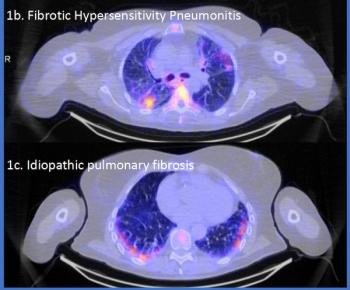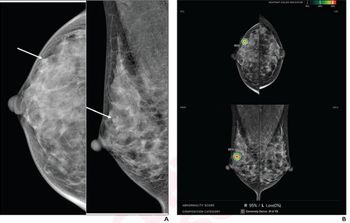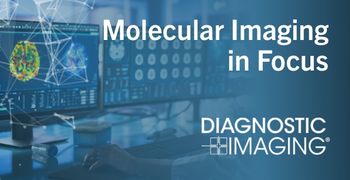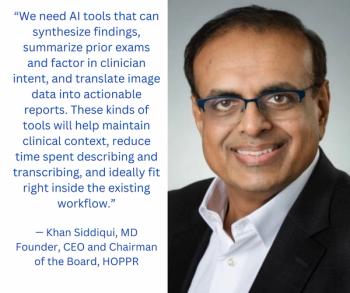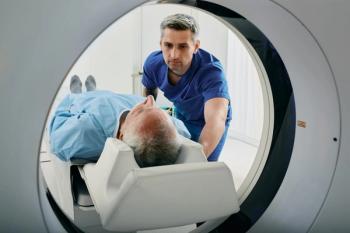
MRI advances head new Philips products
Philips Medical Systems will showcase a mobile 1.5-tesla MRI scannercapable of traveling fully ramped up, according to the Shelton,CT, company. The vendor's Gyroscan ACS-NT Mobile unit builds onthe compactness of the NT line and solves many of the
Philips Medical Systems will showcase a mobile 1.5-tesla MRI scannercapable of traveling fully ramped up, according to the Shelton,CT, company. The vendor's Gyroscan ACS-NT Mobile unit builds onthe compactness of the NT line and solves many of the problemsfacing 1.5-tesla mobile imaging, according to Chris Farr, directorof marketing for MRI (SCAN 9/27/95).
In other MRI developments, Philips has adopted a low-cost arrayprocessor to produce a value-conscious edition of its MRI scanners.The 0.5-tesla Gyroscan-NT Lite carries a $800,000 list price.The entry point for the 1-tesla Gyroscan-NT Lite is about $1 million,according to Farr.
Philips is revamping its CT line, renaming all its scanners TomoscanAV (advanced volumetric), according to Marc Lawrence, North Americamarketing director for CT. The AV systems will be based on severalnew CT x-ray tubes using Philips' unique MRC liquid-metal technology.At the top end, MRC 201 is a 6.2-million-heat-unit (MHU) tubewith a 1.2 MHU per minute heat dissipation rate. MRC 160 is a3.5-MHU tube. All AV scanners can be upgraded to other systemsin the series, Lawrence said.
In ultrasound, the Philips/Hewlett-Packard ultrasound joint collaborationwill introduce enhancements to the SonoDiagnost 800. The new SD800 Advanced Value Platform features Color Velocity Imaging, Philips'time-domain vascular imaging technique. CVI-Angio is the time-domainequivalent of power Doppler techniques and CVI-Green Tag is anoption that colorizes selected velocities to determine areas ofhighest vascular flow.
Newsletter
Stay at the forefront of radiology with the Diagnostic Imaging newsletter, delivering the latest news, clinical insights, and imaging advancements for today’s radiologists.

